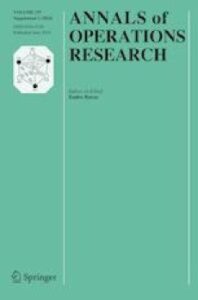A prolific hijacked journal has managed to breach the defenses of Scopus, one of the world’s leading academic databases. This time, the target is the award-winning journal Community Practitioner, the official publication of the UK-based organization Unite-CPHVA.
On July 7, 2023, I reported via 𝕏 that the journal’s homepage in Scopus had been compromised and was redirecting users to a fraudulent website masquerading as the legitimate publication.
Despite this revelation, the journal’s editorial team remained unresponsive, neglecting to issue any warnings to authors about the deceptive clone. In December 2023, Scopus took action, removing links to the homepage of the publication in an effort to combat hijacking.
Continue reading The wolf in Scopus’ clothing: Another hijacked journal has indexed nearly 900 articles







